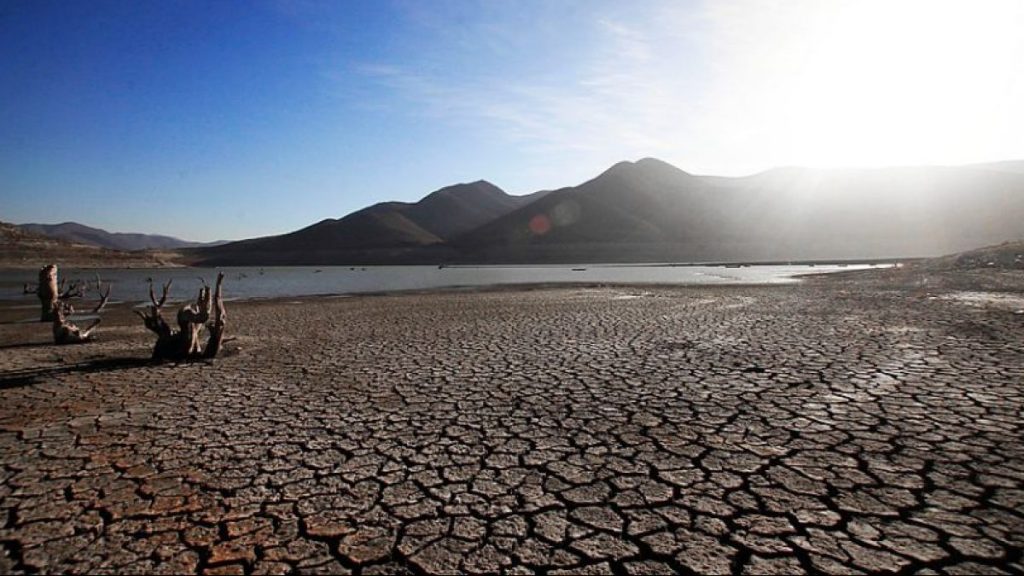The central Chilean zone reached last February the warmest temperatures recorded in the country in the previous century, which could aggravate water shortages and affect food security, according to an expert.
“The rise in temperatures and the water shortages that have lasted more than 15 years put agricultural production at risk and damage future food security,” Patricio Gonzalez Colville, a researcher at the University of Talca in the Andean country, told the press.
González, from the Center for Research and Transfer in Irrigation and Agroclimatology (CITRA), analyzed the thermal behavior of the central Chilean zone from 1919 to 2023.

“Temperature, for example, directly conditions the intensity of evaporation. Extremes above 35 degrees Celsius intensify this phenomenon and can impact increasing aridity,” explained González.
According to the study, major cities such as Chillán, Los Ángeles, and Temuco “had never had average extreme thermal values” equal to or above 40 degrees Celsius amid intense heat waves this summer.
Likewise, the severe fires that occurred this summer in central and southern Chile, which destroyed more than 450,000 hectares in their path, together with the growing desertification of soils, are other consequences faced by the south of the nation in the context of climate change.
Chile is going through a critical drought due to scarce rainfall and snow, mainly in the country’s central area, which concentrates the most significant number of fruit production estates nationwide.
Around 75 percent of Chile’s territory is affected by increasing drought, and 346 local communities were declared an agricultural emergency last year.

